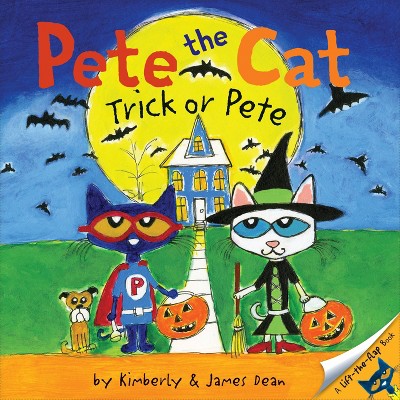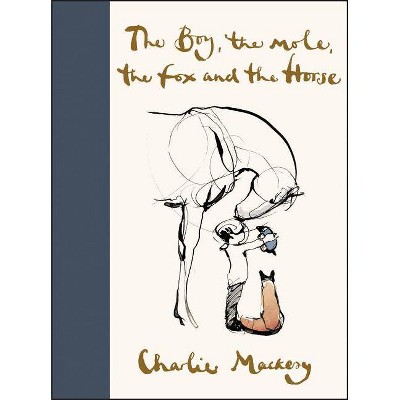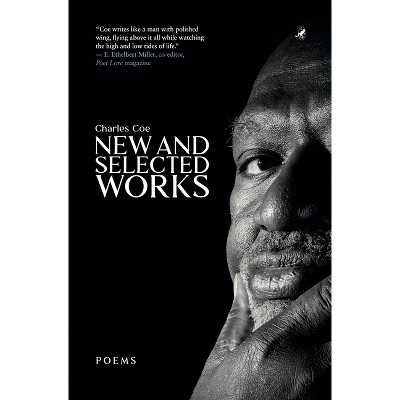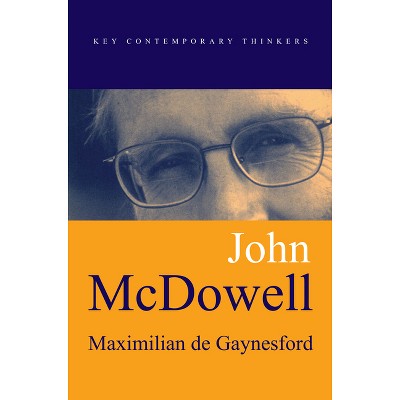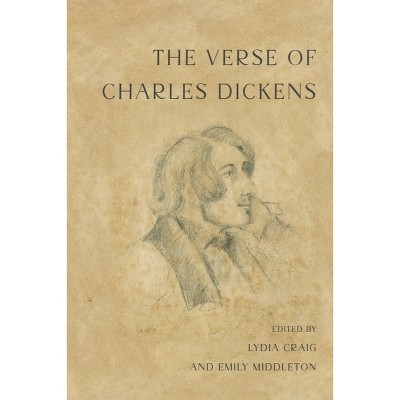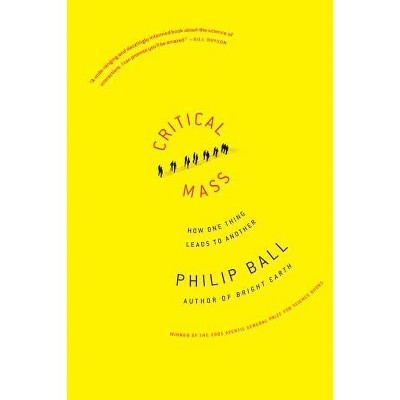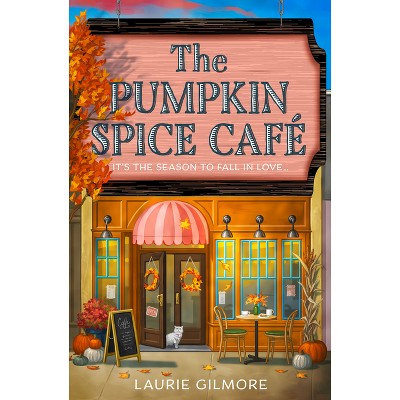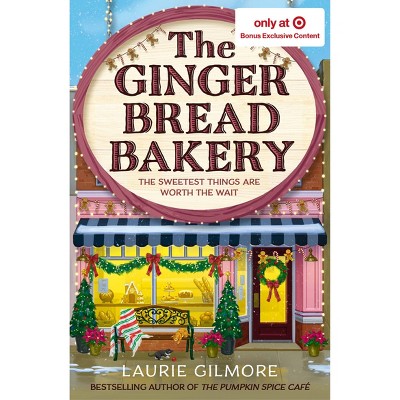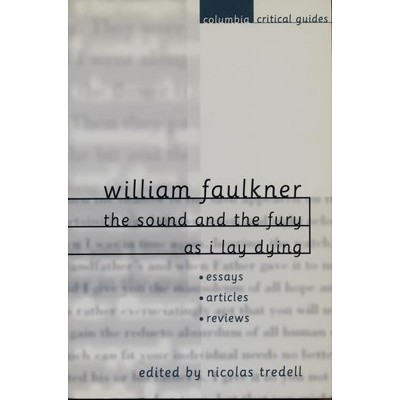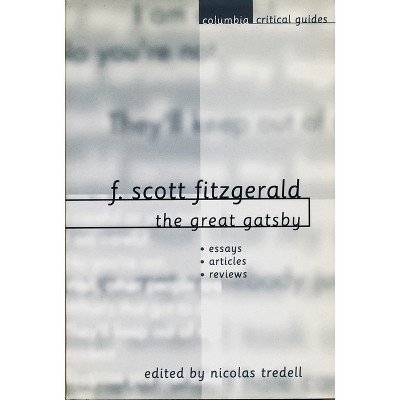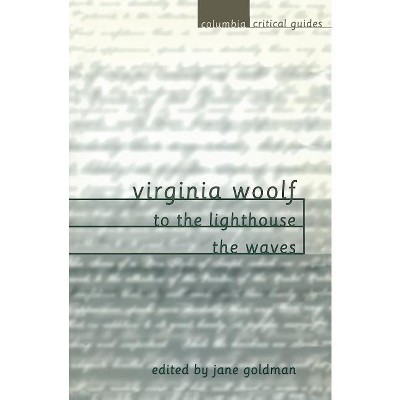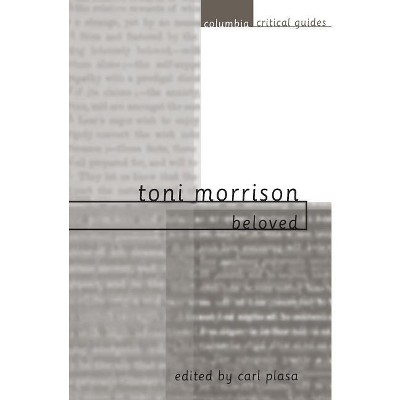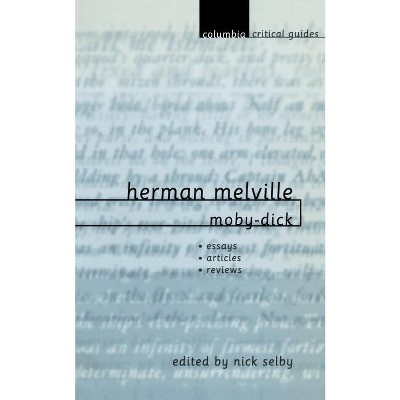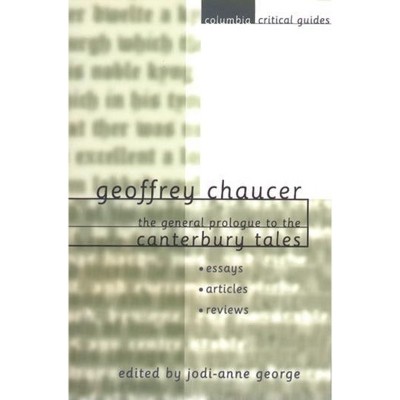Sponsored

Charles Dickens: Great Expectations - (Columbia Critical Guides) by Nicolas Tredell (Paperback)
In Stock
Sponsored
About this item
Highlights
- Surveying the key debates about a novel which has provoked an immensely rich critical response, the extracts and essays included here examine Great Expectations in structural, symbolic, social, political, psychological, and sexual terms, relating the novel to its own time and to a range of twentieth-century theoretical perspectives.
- About the Author: Nicolas Tredell teaches at the University of Sussex.
- 192 Pages
- Literary Criticism, European
- Series Name: Columbia Critical Guides
Description
Book Synopsis
Surveying the key debates about a novel which has provoked an immensely rich critical response, the extracts and essays included here examine Great Expectations in structural, symbolic, social, political, psychological, and sexual terms, relating the novel to its own time and to a range of twentieth-century theoretical perspectives. Exploring secondary sources, from initial reviews in the 1860s to the most up-to-date critiques of the 1990s, the Guide is an essential resource for the study of one of Dickens's most complex works.From the Back Cover
At last available in a single volume: comprehensive overviews and concise analyses of the key critical texts and approaches to the most-studied works of literature. By assembling extracts from essays, reviews, and articles, the columbia critical guides provide students with ready access to the most important secondary writings on a single text or pair of texts by a given writer.each volume:
-- Offers a balanced and nuanced approach to criticism, drawing on a wide array of British and American sources -- Explains criticism in terms of key approaches, allowing students to grasp the central issues for each work -- Is edited by a noted scholar who specializes in the writer or work in question -- Includes notes and a comprehensive bibliography and index.
The extracts and essays included here examine great expectations in structural, symbolic, social, political, psychological, and sexual terms, relating the novel to its own time and to a range of twentieth-century theoretical perspectives. Exploring secondary sources, from initial reviews in the 1860s to the most up-to-date critiques of the 1990s, the guide is an essential resource for the study of one of Dickens's most complex works.
About the Author
Nicolas Tredell teaches at the University of Sussex.Shipping details
Return details
Frequently bought together
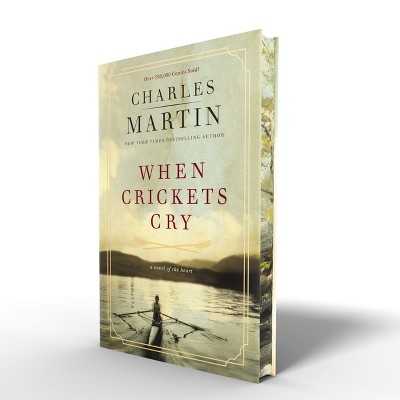
Trending Paperback Books


